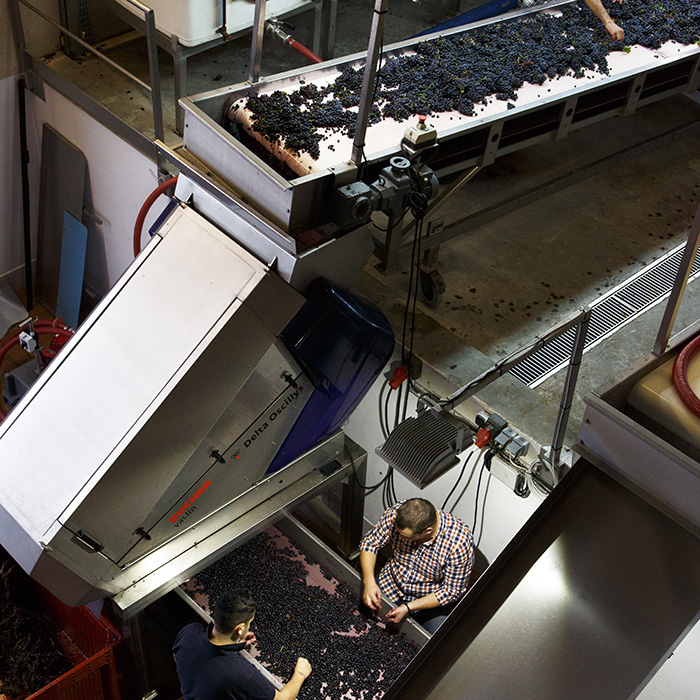Natural wine: nay
Author: Martin Hudson MW
Natural wine is one of the most divisive issues in the wine trade, with virtually no-one indifferent to it. As an unreconstructed techie, I firmly believe the wines are at best an ephemeral distraction, and at worst a profoundly unpleasant experience. Why should winemakers turn their back on millennia of technological advancement for little, if any, advantage? One of my main objections to the phrase ‘natural wine’ is the lack of any consistent definition as to what this means. Talk of non-interventionist viticulture and winemaking is fine as far as it goes, but does this extend to temperature control of fermentation and use of oak? How much, if any, sulphur dioxide (SO2) is permitted?
I am sure we can all agree that limiting the use of synthetic pesticides and herbicides is beneficial, not least because it probably helps yeast viability during fermentation, but preventing must adjustment seems too much of a hair shirt – if it is a cool vintage, why not allow the addition of a natural ingredient, sugar, to compensate for lack of sunshine? If one is making wine in a warm climate, what is the objection to adding the naturally occurring tartaric acid to give the resulting wine balance? If fermentation has stopped before all the sugar has been consumed, why not add some naturally occurring but cultured yeast to re-start the process, and achieve the desired, and stable, dry wine?
Some aspects of the ‘natural wine philosophy’ are admirable – eschewing enzyme treatments designed to increase extraction of colour and flavour, but all too often the drive to reduce or eliminate the use of SO2 (which is desirable for the minority who suffer allergic reactions to this anti-oxidant and preservative)has undesirable side effects, particularly in white wines. Fruit is picked under-ripe, to maintain high levels of acidity and make the wines less microbiologically unstable, or the wine is made more like a red, with a significant period of skin contact to extract polyphenols (tannins) that are natural antioxidants – which is fine if you like white wines that coat your teeth and gums.
Worse still are those wines that do not pay sufficient attention to protection against oxygen and spoilage bacteria, and look and taste like badly-made scrumpy cider – cloudy and repellently sharp. We often forget that the Romans knew that burning sulphur candles in amphorae prior to use prolonged the life of wine stored therein; “technological winemaking” is not a recent phenomenon. Rejecting temperature control and hygienic stainless steel tanks would condemn many currently popular grape varieties to re-live their dull, characterless past. Too often ‘natural’ wines taste of winemaking (or a lack of it) and not of their grape variety or origin.
I could argue that all wines are natural, in that they are all made from naturally occurring materials (with the possible exception of a minority of fining agents), or that none are, as all require some manipulation to achieve the finished product; if grapes were merely left to ferment in a container, they would eventually create vinegar. I would certainly argue that if technology has made wine more consistent, safer, and more pleasant to drink, then we should embrace it, not reject it. Adherents of natural wine strike me as being similar to those who ride fixed wheel bicycles – rejecting progress and making life difficult for themselves for no better reason than fashion.
What do you think? Tell us in the comments section, on Facebook or Twitter.



